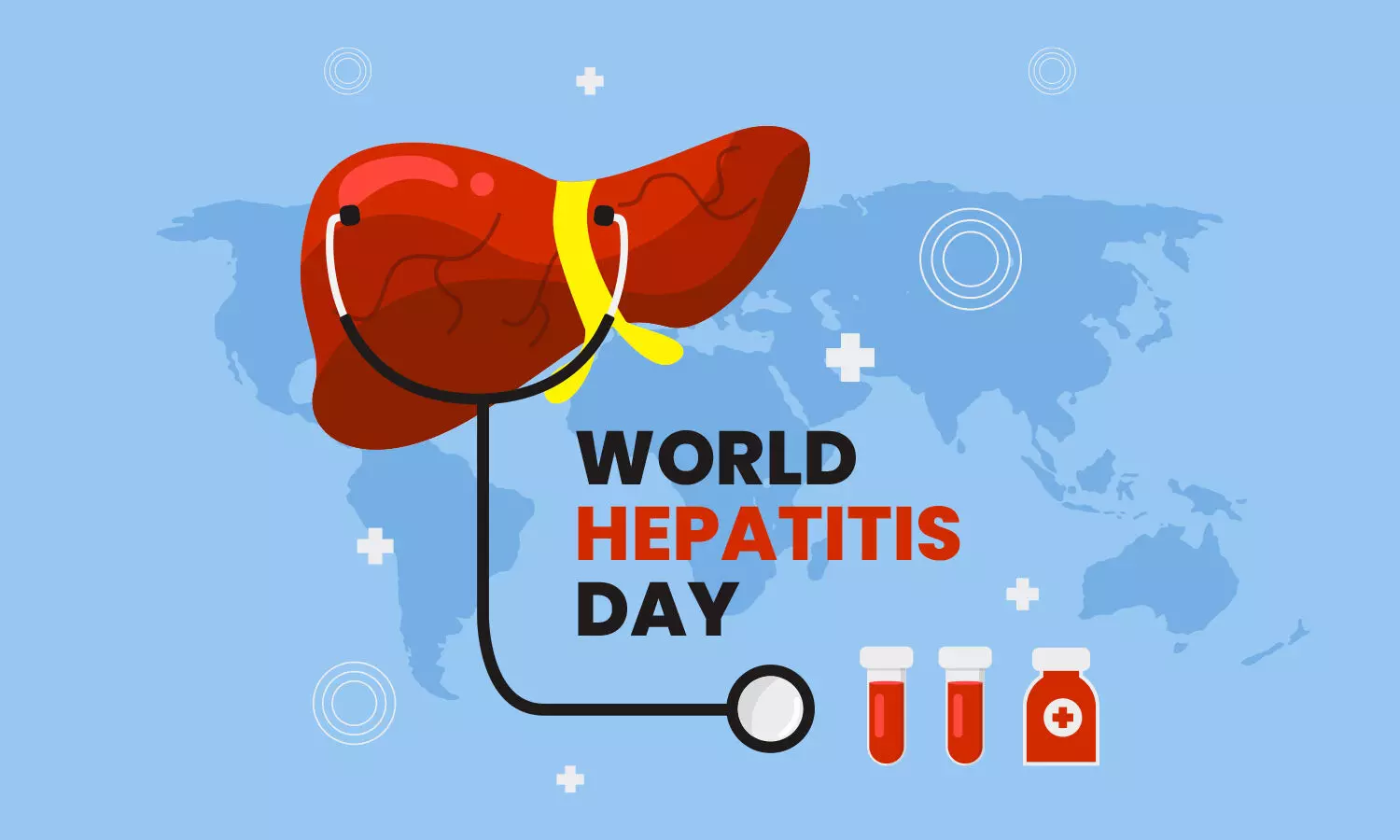July 24th is celebrated as International Self-Care Day, a day dedicated to promoting and encouraging self-care practices that enhance overall well-being. Self-care is not just about physical health; it encompasses mental, emotional, and spiritual well-being. This observance aims to raise awareness about the importance of self-care and empower individuals to take proactive steps toward maintaining a balanced and healthy lifestyle.
Understanding Self-Care
What is Self-Care?
Self-care refers to the practices and activities individuals engage in to maintain and improve their health and well-being. It involves taking intentional actions to care for oneself across various dimensions:
- Physical Self-Care: Activities that support physical health, such as regular exercise, healthy eating, adequate sleep, and personal hygiene.
- Mental Self-Care: Practices that promote mental clarity and emotional stability, including mindfulness, stress management, and engaging in hobbies.
- Emotional Self-Care: Strategies to address and manage emotions, such as seeking therapy, journaling, and building supportive relationships.
- Spiritual Self-Care: Activities that nurture spiritual well-being, including meditation, reflection, and connecting with personal values or beliefs.
The Importance of Self-Care
Self-care is essential for maintaining balance and resilience in a fast-paced and often stressful world. Its benefits include:
- Improved Physical Health: Regular self-care practices, such as exercise and healthy eating, contribute to overall physical health and can help prevent illness.
- Enhanced Mental Health: Engaging in self-care can reduce stress, anxiety, and symptoms of depression, leading to improved mental health and emotional resilience.
- Better Relationships: Taking care of oneself can lead to healthier relationships by promoting emotional stability and effective communication.
- Increased Productivity: Self-care helps manage stress and prevent burnout, leading to improved focus, productivity, and overall performance in various aspects of life.
Observing International Self-Care Day
Create a Self-Care Plan
- Assess Your Needs: Reflect on areas of your life that may need attention or improvement. Identify aspects of physical, mental, emotional, and spiritual well-being that require more focus.
- Set Goals: Develop specific, achievable goals for incorporating self-care into your daily routine. This might include setting aside time for exercise, meditation, or hobbies.
- Choose Activities: Select activities that resonate with you and address your needs. This could range from taking a relaxing bath to practicing mindfulness or spending quality time with loved ones.
Practice Self-Care Activities
- Physical Self-Care: Engage in activities that support your physical health, such as going for a walk, practicing yoga, or preparing a nutritious meal. Prioritize adequate sleep and hydration.
- Mental and Emotional Self-Care: Dedicate time to activities that promote mental clarity and emotional well-being. This might include journaling, reading, or seeking professional support if needed.
- Spiritual Self-Care: Incorporate practices that nurture your spiritual well-being, such as meditation, prayer, or spending time in nature. Reflect on your values and connect with activities that bring you a sense of purpose.
Promote Self-Care in Your Community
- Share Your Experience: Use social media or community platforms to share your self-care journey and inspire others to prioritize their well-being. Use hashtags such as #InternationalSelfCareDay to join the global conversation.
- Support Others: Encourage friends and family to engage in self-care practices and share ideas for activities that promote wellness. Offer support and understanding as they embark on their self-care journeys.
- Organize Events: Plan or participate in community events that focus on self-care, such as wellness workshops, yoga classes, or mindfulness sessions. These events can provide valuable resources and foster a sense of community.
Advocate for Self-Care
- Raise Awareness: Advocate for the importance of self-care in various settings, including workplaces, schools, and healthcare facilities. Promote policies and practices that support employee well-being and work-life balance.
- Support Programs: Support and participate in programs and initiatives that focus on mental health, wellness, and self-care. Collaborate with organizations that offer resources and services related to self-care.
Creating a Sustainable Self-Care Routine
Consistency is Key
Building a sustainable self-care routine involves incorporating self-care practices into your daily life in a way that is manageable and consistent:
- Start Small: Begin with small, manageable changes that you can easily integrate into your routine. Gradually build on these practices as you become more comfortable.
- Stay Flexible: Life can be unpredictable, so remain flexible with your self-care routine. Adjust your practices as needed to fit your changing needs and circumstances.
- Track Your Progress: Keep track of your self-care activities and reflect on their impact. This can help you identify what works best for you and make adjustments as needed.
Overcoming Barriers
- Time Management: If you struggle to find time for self-care, prioritize it by scheduling dedicated time in your calendar. Consider self-care as essential as any other appointment or task.
- Self-Care Myths: Address common misconceptions about self-care, such as the belief that it is selfish or indulgent. Recognize that self-care is a necessary aspect of maintaining overall well-being and resilience.
- Seek Support: If you encounter challenges in establishing or maintaining a self-care routine, seek support from friends, family, or professionals. They can offer encouragement and practical advice.
The Future of Self-Care
Innovations and Trends
- Technology and Self-Care: Technology is increasingly playing a role in self-care, with apps and online resources available for mental health, fitness, and wellness. Explore and utilize these tools to enhance your self-care routine.
- Holistic Approaches: The focus on holistic well-being continues to grow, integrating physical, mental, and emotional health in self-care practices. Embrace a comprehensive approach to self-care that addresses all aspects of your well-being.
Community and Global Impact
- Global Movement: International Self-Care Day contributes to a global movement emphasizing the importance of self-care and wellness. Join the global effort to promote and celebrate self-care practices and their benefits.
- Collaborative Efforts: Engage in collaborative efforts with organizations and communities to advance self-care initiatives and support overall well-being on a broader scale.








